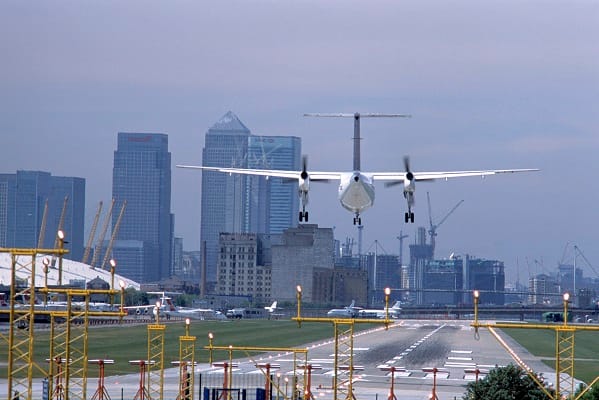Deloitte’s latest survey of UK Chief Financial Officers shows that corporate confidence edged lower in the third quarter of 2024, following a strong bounce in optimism after the General Election.
Sentiment has fallen among CFOs, with a net 6% feeling more optimistic about the financial prospects of their businesses now than three months ago (which was at net 23%).
Despite this, confidence is still running above the long run average of net -1%.
UK CFOs also report a modest increase in uncertainty – 31% now rate the level of external financial and economic uncertainty facing their business as high or very high, compared to 23% last quarter. This remains below the long-term average of 39%.
Ian Stewart, chief economist at Deloitte, said, “Corporate sentiment has edged down but is running at above average levels. Geopolitical uncertainty is the biggest worry and we are seeing rising levels of concern about the possibility of a hard landing in the US.”
Concern around geopolitical developments
As has been the case for the last five quarters, CFOs say that geopolitical developments represent the greatest external risk to their businesses, with a weighted average rating of 70. Low productivity in the UK is in joint second place (with a weighted average of 53), alongside sharply rising concern about a potential hard landing in the US.
However, CFO concerns over geopolitics seem to be decoupling from worries about energy prices – with higher energy prices and a disruption in energy supply ranked the seventh biggest risk to business.
Stewart added, “Unlike the period following the invasion of Ukraine in 2022 – when CFOs’ worries about energy supply and prices spiked in tandem with geopolitical concerns – finance leaders today are relatively sanguine about the risks around energy, in part, perhaps because of the decline in the oil price between July and late September.”
Rate expectations and strategies
CFOs expect wage growth to slow markedly, from 4.6% in the last 12 months to 3.2% in a year’s time. As inflationary pressures wane, CFOs expect the Bank of England to cut interest rates from the current 5.0% to 4.0% by next September. Finance leaders also report that credit is cheaper than at any time in the last two years. A net 45% report that credit is costly, down from a peak of net 86% last summer.
On strategies, CFOs tacked in a more defensive direction in the third quarter, following an expansionary shift in the previous survey. Finance leaders are now placing greater emphasis on cost reduction (55% rate it as a strong priority, compared to 51% last quarter) and increasing cash flow (42% up from 35% last quarter). By contrast, only 11% of finance chiefs rate increasing capital expenditure as a strong priority.
Optimism in AI drives investment
This quarter’s survey included a special question on types of capital expenditure, and the overwhelming majority (net 95%) of CFOs expect to raise spending on digital technology and assets such as software, IT and AI, both over the next 12 months and on a five-year time frame (net 97%). Finance leaders are most cautious about spending on real estate, machinery, and other physical assets, with a net -2% expecting an increase in spend within the next 12 months.
Finance chiefs remain optimistic about AI’s ability to drive improvements in business performance, with 86% reporting either an increase in optimism or little to no change relative to this time last year.
Ian Stewart added: “Economists have been waiting for a new technology that has the potential to reboot productivity growth. If CFOs are right, AI is that technology.”

